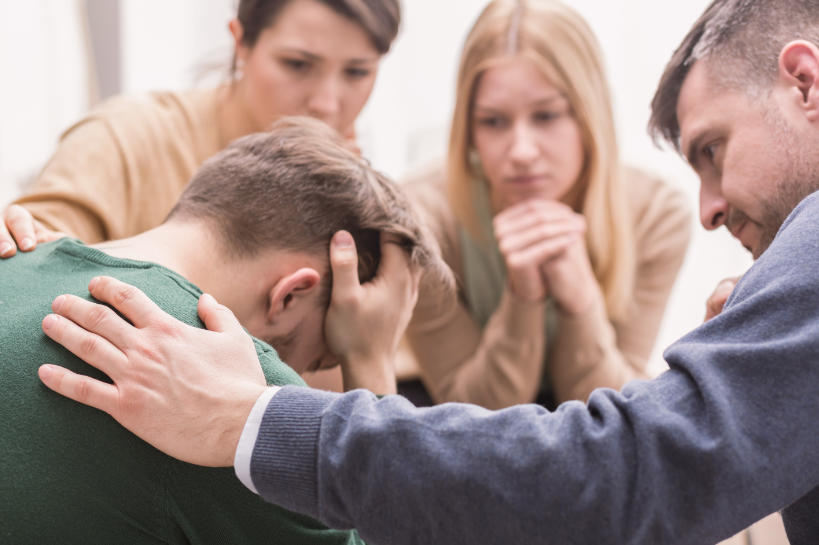General and drug addiction counselling
‘Addiction’ can mean many things to many people, but in general it refers to repeatedly using a substance (such as drugs) or engaging in an activity (such as gambling) for pleasure, even though doing so causes harm or interferes with everyday life.
Addiction is basically a compulsion to use a certain substance or to behave in a certain way in order to feel good (or sometimes to stop feeling really bad). Addiction falls into two main categories: physical and psychological.



